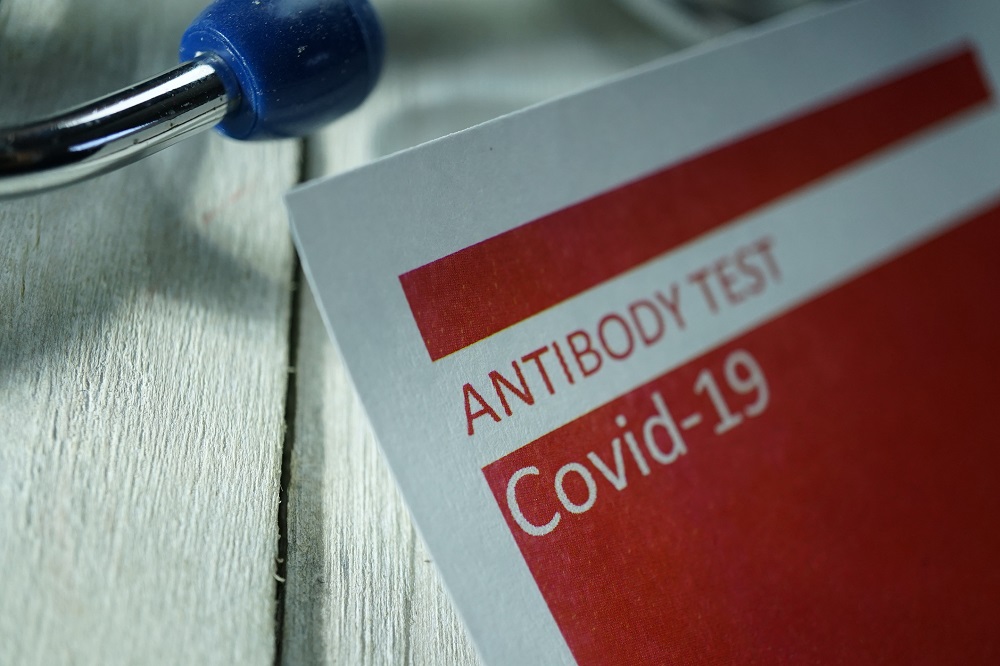Antibody testing has become a popular topic during the COVID-19 pandemic. There have been ongoing discussions as to whether or not this form of testing can provide answers to some questions we have about the disease.

Common questions asked about COVID-19 antibody testing include: “Can antibodies help detect past infections?” and “Does having antibodies reduce our risk of infection?”
According to the Centers for Disease Control and Prevention (CDC), the presence of antibodies (proteins produced by our body’s immune system to fight antigens such as viruses) can help to determine if you had a past infection of the virus that causes COVID-19.
A blood test, known as a serology test, is required to detect disease-specific antibodies. Testing is typically recommended for individuals who have fully recovered from COVID-19 or those who suspect they had or were exposed to the virus but were asymptomatic.
Positive or negative results could mean several things for your health:
- A positive antibody test result indicates that you may have had a COVID-19 infection in the past. However, results can also be false-positive, meaning you have developed antibodies but for a different kind of coronavirus such as the one that causes the common cold. It is very important to remember that a positive test does not guarantee immunity from the disease; so there is a possibility that you can become re-infected. Therefore you should continue to exercise the proper safety precautions to protect yourself and others around you.
- If you test negative, this may mean that you have not had a prior COVID-19 infection. But it can also mean that you may currently have the virus and have not yet produced antibodies (If you have symptoms of the disease or believe you have been exposed, you can take a viral test to learn if you have the virus.) For those who have had a confirmed case of COVID-19 but tested negative, please keep in mind that it may take 1-3 weeks after infection to develop antibodies.
Although antibody testing is providing some answers about COVID-19, there is still a degree of uncertainty about the accuracy of the information we are obtaining. COVID-19 is a novel disease, and ongoing studies are revealing new details about it each day. Until we are more certain in our knowledge of the disease, the CDC recommends that we continue to practice social distancing and other safety measures to prevent the virus from spreading.
To learn more antibody testing please consult your physician or visit the CDC’s website at https://www.cdc.gov/coronavirus/2019-ncov/testing/serology-overview.html
All content of this newsletter is intended for general information purposes only and is not intended or implied to be a substitute for professional medical advice, diagnosis or treatment. Please consult a medical professional before adopting any of the suggestions on this page. You must never disregard professional medical advice or delay seeking medical treatment based upon any content of this newsletter. PROMPTLY CONSULT YOUR PHYSICIAN OR CALL 911 IF YOU BELIEVE YOU HAVE A MEDICAL EMERGENCY.
